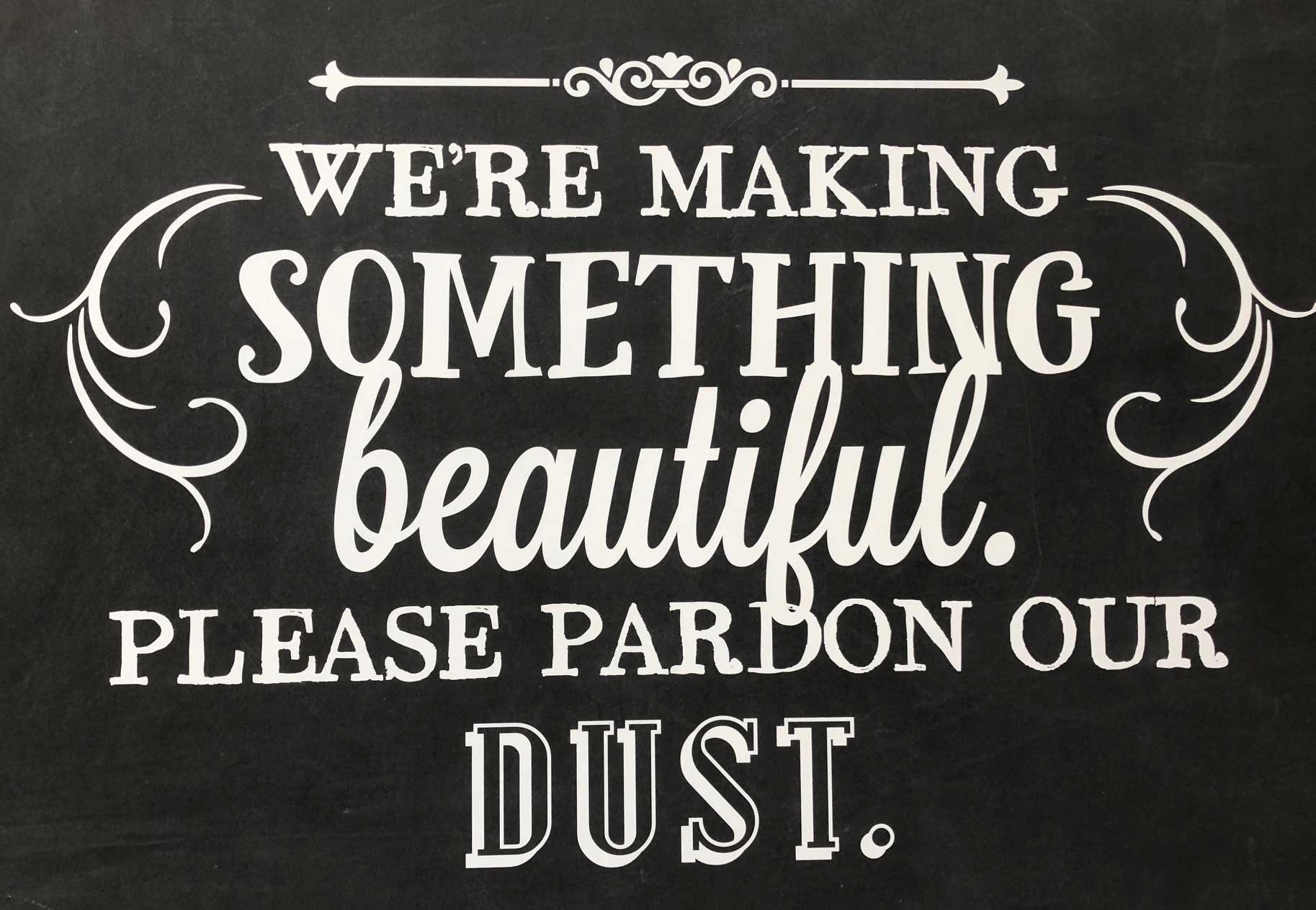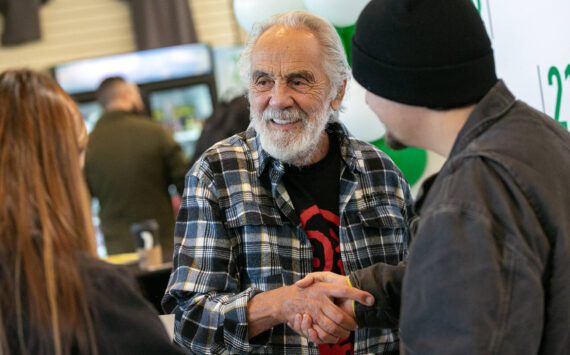Being “American” has always been a bit complicated
By Morf Morford
Tacoma Daily Index
There has been much public hand-wringing about how “divided” America is. You can see it on almost every headline or newscast.
You’d think it was the newest and biggest threat to our identity and work in the world. It is certainly not new, but it might be, and maybe always has been, the biggest dividing line the world has ever seen.
And thanks to an even more, ahem, energized, election year coming in 2020, we can expect to see even more exclamations about the rapid decline – if not collapse – of America, and how THOSE people are causing it all.
But let me trace a little outline as to how we got here.
Long before our Founding Fathers, and even before The Mayflower landed at Plymouth Rock in 1620, the Europeans who landed here (some voluntarily, but most out of persecution, poverty, famine or, as in the case of my father’s line, military capture (he was Scottish) by the English and sale into indentured servitude) not only had no idea what to expect, but also had no idea what they wanted.
The cliché about Americans is that we travel or work abroad as much to get away from something as to get to a destination.
Americans are also known, almost as a species, to have problems with authority and identity.
We are, after all, literally defined by our revolution.


When it comes to authority, many of us are happy to support and enforce rules, but presume that they don’t really apply to us.
Take speed limits for example. On any given freeway, at any given time, how many drivers go the speed limit?
How many go within five miles of the speed limit?
My observation is that close to zero drivers actually go within five miles of the speed limit.
And just as a reminder, it is a speed LIMIT – not speed suggestion or minimum.
And how many of us, driving or not, don’t really like having police officers around – unless we actually need one.
The basic stories of colonists first coming is very strange when we think about it – our assumption is that most (Northern) Europeans came to North America for political or religious freedom. (1*)
The first century or so of European contact would tell a very different story.
Virtually every one of the original thirteen colonies was a religiously defined entity.
Only Rhode Island was formulated on the basis of religious liberty and tolerance.
Maryland was Catholic, Pennsylvania was Quaker, and John Winthrop, a powerful Puritan leader was the first governor of the Massachusetts Bay Colony. (2*) These early religious communities intended spiritual “purity” far more than maturity, growth or acceptance.
One expression of this was the famous Salem, Massachusetts witch trials in 1692 which resulted in about 200 people arrested, about 20 publicly executed – and even two dogs put to death as “accomplices”.
One early divide (before 1776) was whether those colonists from the British Isles should consider themselves English, Irish (not that many Irish came until the mid 1800s) Scot or Welsh.
The colonists and settlers in Colonial America are referred to as English up to 1707 at which time the union between England and Scotland created Great Britain when the term British was used.
Only after 1776 was the term “American” used as a defining term for residents and citizens of North America.
But even that is more than a little confusing. Somehow the term “American” has come to be associated only with the nation (and its outlying areas, like Hawaii and Alaska) between Canada and Mexico.
The term “American” should apply to any resident of the Western Hemisphere from Ecuador to Brazil to Nunavut.
And then we have the term “Native American” – which only applies to those indigenous peoples who live in the United States. (3*)
Technically, any person born and raised in the Western Hemisphere is “native American”.


The Founding Fathers were clear, if not consistent in their idealism about this new nation. As Thomas Jefferson put it “We hold these truths to be self-evident, that all men are created equal”. This took as a primary assumption that no one is to be born as the ruler of others and no one, by birth is the subject of a ruler, and every person is equal in the eyes of the law. This new land would be a land of no royal blood and no born slaves.
To put it mildly, this was not the law of the land anywhere in Europe – or perhaps anywhere in The Old World.
But it was the world of the native people that lived in what we now call New England where – “men, women and children had the same spiritual, human and political rights. Everyone could anytime voice their opinion and know that their voice would be heard”. (4*)
Jefferson, of course, owned slaves (five generations of them) and when he wrote “all men are created equal” he meant men – not women – and not native men or African (and certainly not Asian, though there were very few to be seen back then)- and only property owners – no homeless, newcomers or renters could vote.
In the first Presidential election in 1789, only 6 percent of the population–white, male property owners–was eligible to vote. The Fifteenth Amendment extended the right to vote to former male slaves in 1870; American Indians gained the vote under a law passed by Congress in 1924; and women gained the vote with the ratification of the Nineteenth Amendment in 1920.
Who can vote, who belongs, who is welcome and who is a “real” American have been questions we have argued about for over two hundred years.
We are a tangle of our dreams, fears and contradictions.
As Walt Whitman put it in his poem “I hear America singing”:
I hear America singing, the varied carols I hear,
Those of mechanics, each one singing his as it should be blithe and strong,
The carpenter singing his as he measures his plank or beam,
The mason singing his as he makes ready for work, or leaves off work,
The boatman singing what belongs to him in his boat, the deckhand singing on the steamboat deck,
The shoemaker singing as he sits on his bench, the hatter singing as he stands,
The wood-cutter’s song, the ploughboy’s on his way in the morning, or at noon intermission or at sundown,
The delicious singing of the mother, or of the young wife at work, or of the girl sewing or washing,
Each singing what belongs to him or her and to none else.
(1*) The cliché about the Spanish is that they came to The New World for gold and eternal youth. When you think about it, aren’t unlimited wealth and abundant health still primary goals for most of us?
(2*) The Puritans had split off from the Church of England, which had itself splintered from the Catholic Church which emerged from the split between the Eastern Orthodox and Catholic….
(3*) Native people I know generally dislike that term. Most prefer their tribal identity, place or family name.
(4*) Jeanne Shenandoah’s introduction to Sisters in Spirit. Haudenosaunee (Iroquois) Influence on Early American Feminists by Sally Roesch Wagner.








